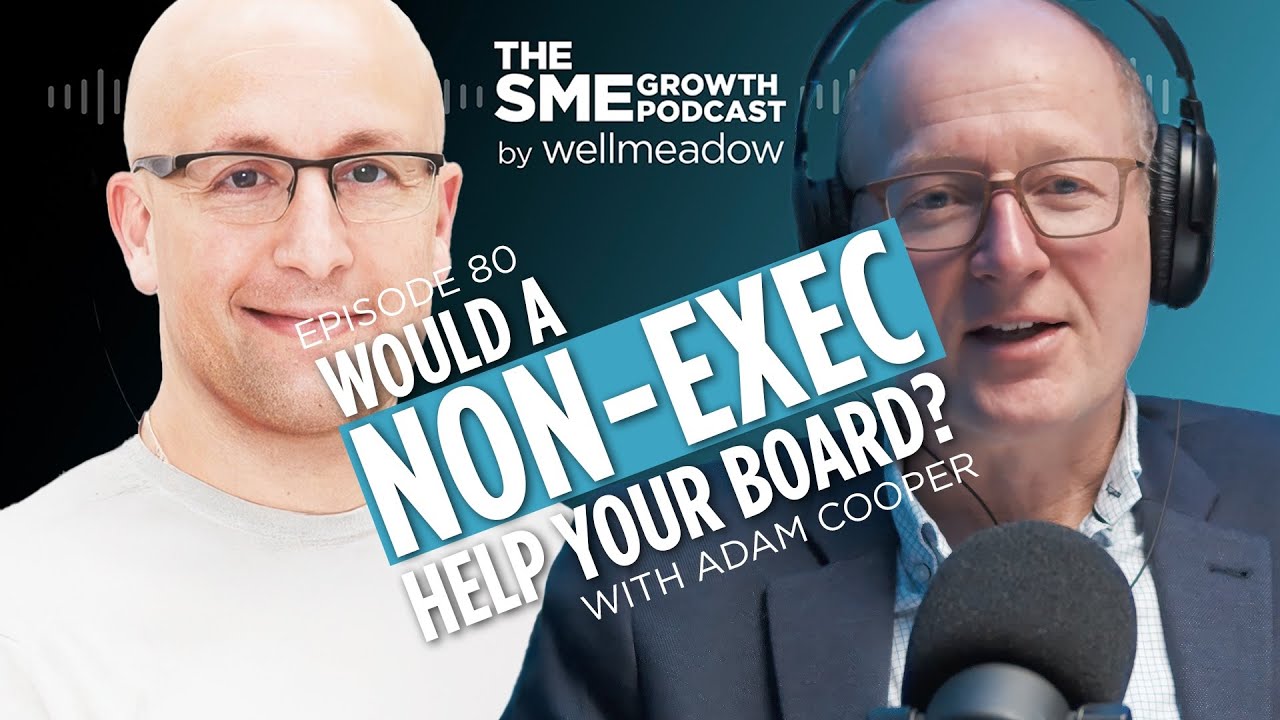Episode 87: Understanding the Board: Do You Know Your Director Responsibilities?
In this episode of the SME Growth podcast, Rich and Dave explore the roles and responsibilities of...
By: Pete Johnson on Jul 25, 2024 9:45:00 AM

In this episode of The Fractional CFO podcast, host Adam speaks with Dave Parry, Managing Director of Wellmeadow Limited, about setting effective visions and objectives for small businesses. Drawing from his extensive experience transitioning from engineering management to consulting, Dave shares valuable insights on leadership, board management, and strategic planning for SMEs.
You can listen to the full episode here
"A leader only has two things to do: create a vision and build a team - that's all you have to do."
"If you as the leader haven't got a clear vision about where you are taking the organisation, then you can't delegate that - you have to lead from the front."
"You've got to have someone at the beginning saying this is where we're trying to get to."
This episode provides practical guidance for SME owners and leaders looking to improve their strategic planning and board management processes, with particular emphasis on the importance of clear vision and effective leadership in driving business growth.
In this episode of the SME Growth podcast, Rich and Dave explore the roles and responsibilities of...
In this episode of the SME Growth podcast, Rich and Dave explore the critical balance between...
In this episode of the SME Growth podcast, Rich and Dave examine Labour's proposed employment law...